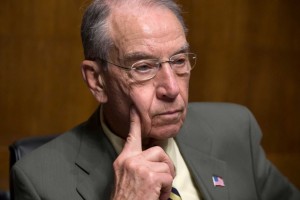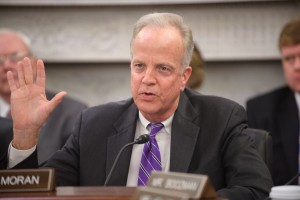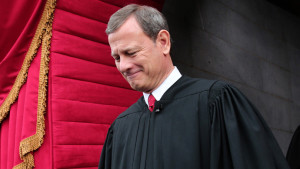In 1907, Oklahoma became the 46th of 50 states to join the United States of America, an event that subjected the residents of that state to all the “laws of the land.”
That means Oklahomans are bound to adhere to mandates handed by the U.S. Supreme Court, which interprets the constitutionality of the law.
Get set, then, for a big fight as Oklahoma tries to defend itself against challenges to a bill that makes abortion illegal in the state.
Why the fight? Because the Supreme Court ruled in 1973 that the practice of terminating a pregnancy is legal in all 50 states and that women could make that decision until the time that the unborn child is determined to be “viable.”
The Oklahoma Legislature has sent a bill to Gov. Mary Fallin’s desk that makes performing an abortion a felony, except in the case of rape or incest or if carrying the pregnancy to full term endangers the mother’s life.
The landmark Roe v. Wade decision in January 1973 didn’t spell out any exceptions. It said that women who choose to end a pregnancy have that right guaranteed under the U.S. Constitution. Thus, the practice was declared legal.
http://www.huffingtonpost.com/entry/oklahoma-abortion_us_573df1b9e4b0aee7b8e94b41
The Oklahoma law is seen as being a mostly symbolic gesture, even if Fallin signs it. She has until Wednesday. Gov. Fallin, a pro-life politician, hasn’t yet said whether she’ll sign it.
The cost to state taxpayers, though, could be substantial if abortion-rights groups challenge the law and subject the state to expensive legal proceedings.
Oklahoma lawmakers have made a profound political statement. They have thumbed their noses at the highest court in America and have determined independently that they are able to flout federal law that the judicial system has reaffirmed.
Gov. Fallin should veto the bill. If she wants to make abortion illegal, she should have to wait — and hope — for the chance to change the philosophical composition of the U.S. Supreme Court.








